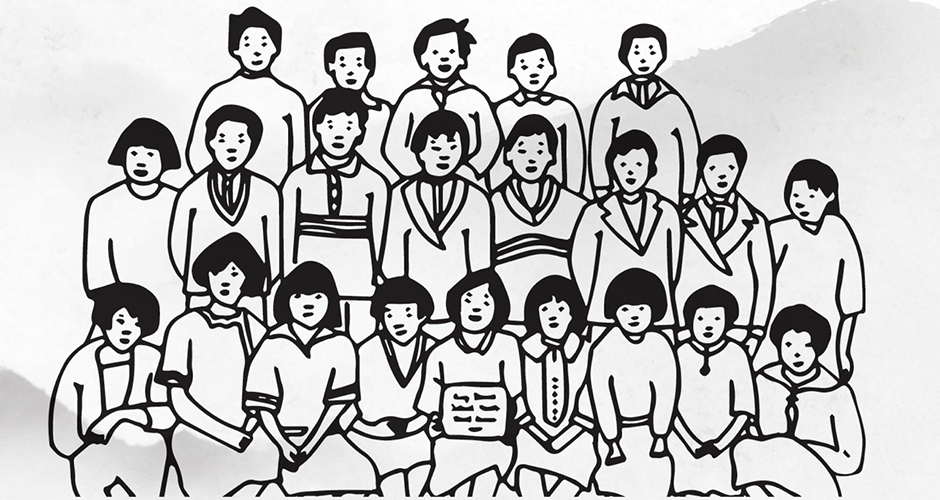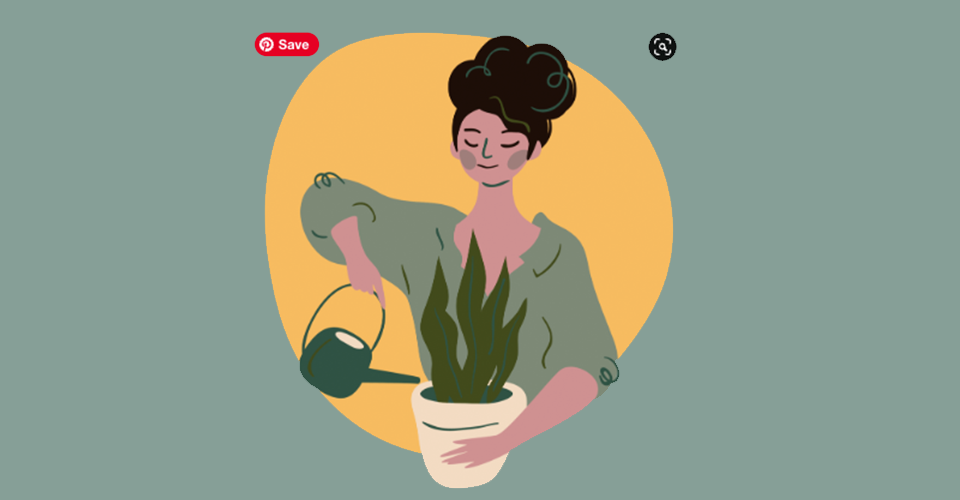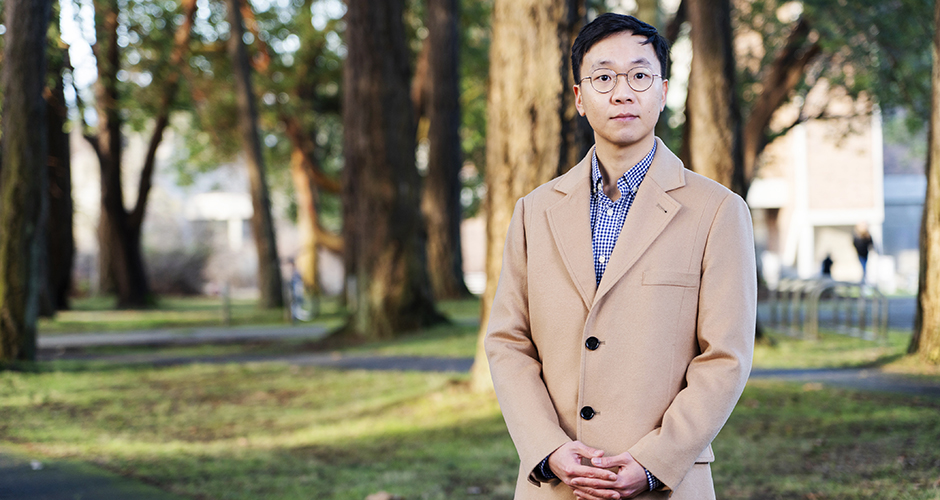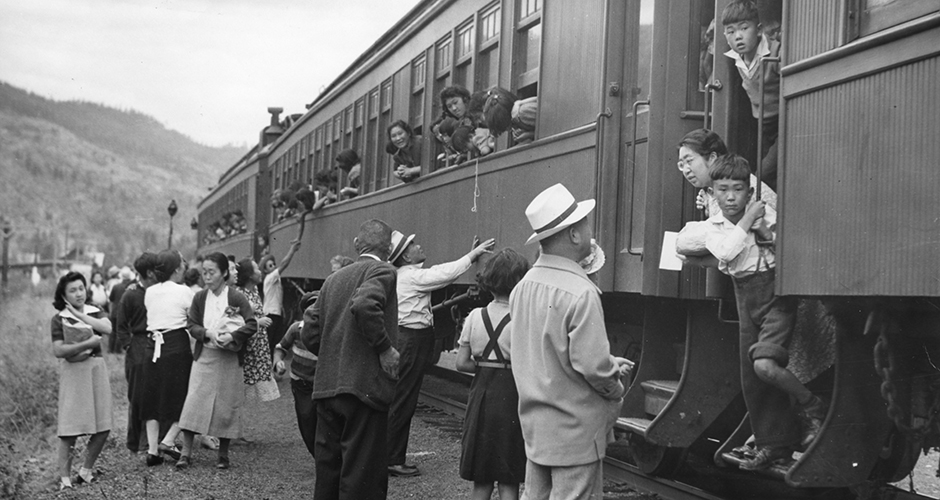Celebrating Asian Heritage Month

May is Asian Heritage Month–an opportunity to learn about and acknowledge the many achievements and contributions of Canadians of Asian heritage. We’ve pulled together a few UVic resources to help recognize the rich history and impacts of Asian Canadians here in Canada.
Free workshop: Reflection on structural racism and binary thinking
Tuesday May 9, 5:30-7 p.m. | Learning Commons, MacLaurin Building, D201

Join the UVic Education Student Equity Advocates and Grace Wong Sneddon, Vice Chair of the Victoria Chinatown Museum Society, for this informative free workshop examining the Chinese Student Strike of 1922-23 and the segregation of Chinese students in schools in Victoria. By highlighting concepts of structural racism and binary thinking in relation to this historic event, participants will be able to deeply reflect on their positionality, intersectionality, agency and power in their daily work and life. Organizers hope that, coming out of this workshop, individuals can envision a future of a shared humanity.
Victoria’s Chinatown: A gateway to the past and present of Chinese Canadians
Victoria’s Chinatown was once a major entry port for Asian immigration to Canada as well as a major gateway to the development of Chinese communities in Canada.

Under the leadership of UVic historian, Zhongping Chen, UVic’s Asian Canadian Working Group created a digital collection that explores the rich history and stories of Victoria’s Chinatown. Get to know the diverse community in Chinatown past and present, take a historical tour of Chinatown streets or lose yourself in the beautiful artwork of the region at Victoria’s Chinatown: A gateway to the past and present of Chinese Canadians
Growth and solidarity: Mental health hub
Led by Fred Chou in Educational Psychology and Leadership Studies, Growth and Solidarity is a resource hub and research community that aims to strengthen Asian mental health across Canada.

The team has a number of projects on the go around stories and storytelling to build intergenerational resilience and foster connection for Asian Canadians. In addition, their anti-racism zine helps cultivate individual and collective healing and growth.
Pandemic racism
Nigel Mantou Lou, a social psychologist, focuses his research on intercultural relations and racial discrimination in a post-COVID world. During the global pandemic, Asian Canadians have experienced a massive surge in hate crimes. Last year, Lou published a paper on the alarming rates of discriminatory experiences faced by Chinese Canadians and other Asian Canadians. Lou says there is an urgent need for “restoring a sense of belonging—this is the biggest priority for the Asian Canadian community, from which the pandemic has taken away pride in national or ethnic identity.”

Lou’s research lab is currently undertaking a project to uncover the resilience factors that support Asian Canadians' sense of belonging and identity. Lou emphasizes one critical factor under consideration is “the role of social support and connections with their communities and school/workplace.
Landscapes of injustice: Digital storytelling
During the 1940s, Canada enacted mass displacement and dispossession of Japanese Canadians. The Landscapes of injustice project, led by historian Jordan Stanger-Ross, explores this difficult period in Canadian history.

Through images and rich prose, the project’s digitial storytelling site provides an immersive digital experience that explores the real stories of the people affected by these racist policies. Many Canadians continue to experience marginalization and racism today—the stories of our past hold many lessons to better equip our society for dealing with these challenges today.

